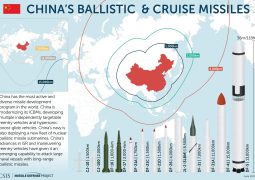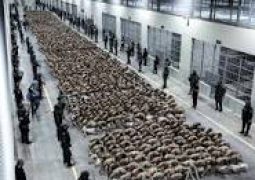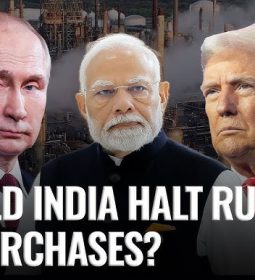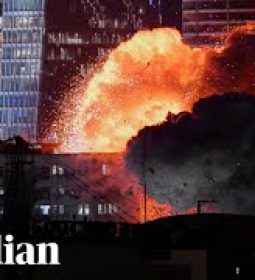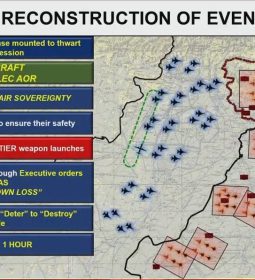Malaysia in prime position to mediate between rival powers in Middle Eastern politics

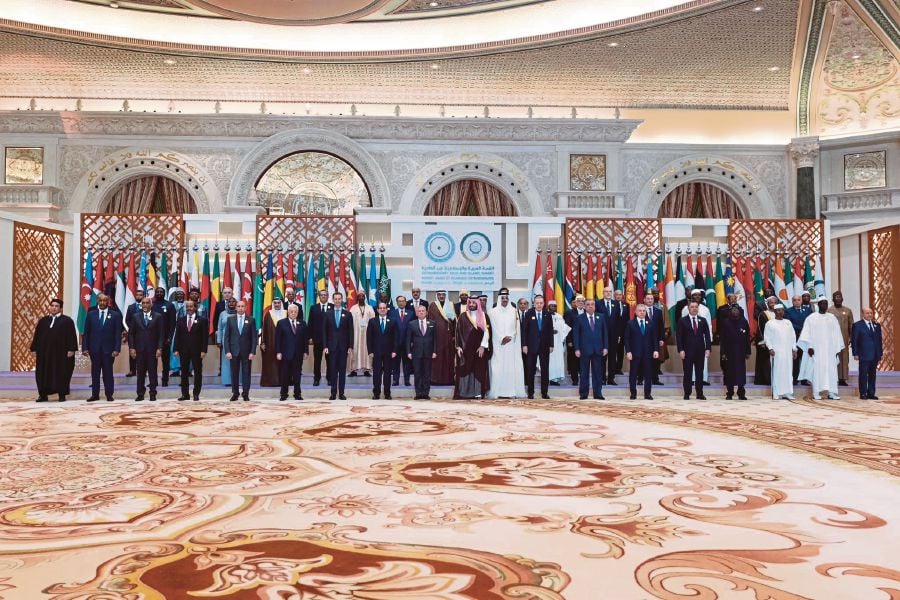
THE last few months have been busy for Prime Minister Datuk Seri Anwar Ibrahim. From meeting Egyptian President Abdel Fattah El-Sisi to officiating Malaysia’s position as a partner country of the BRICS economic bloc, Anwar is steering Malaysia away from outward alignment with the West.
While it is unlikely the country will completely shift its neutral, middle-of-the-way foreign policy, there is indeed a new orientation which may see Malaysia play a bigger role internationally, especially with regards to the conflict in the Middle East.
Since Oct 7, Israeli aggression into Gaza has resulted in global outcry, with widespread demonstrations and more alignment with the Palestinian liberation movement. European countries such as Spain and Ireland have led an important international movement to call out double standards and have taken strong stances against Israel.
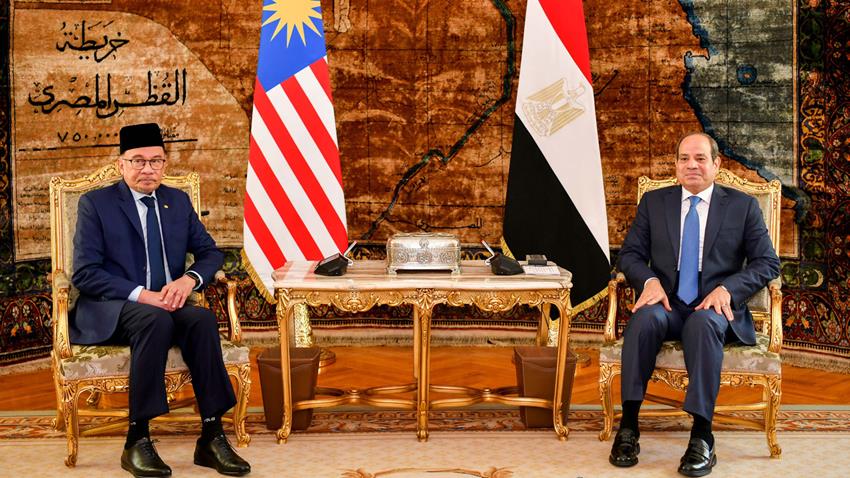
Even French President Emmanuel Macron has reversed France’s longstanding support for the Zionist government and has demanded for a ban of arms sales.
United Kingdom and Germany, for their ongoing support for Israel.
Despite an escalation of the conflict to Lebanon, it appears that Israeli Prime Minister Benjamin Netanyahu has free rein to do as he pleases and impose chaos on the region.
This frustrating status quo has seen other countries take charge to ensure that Israel is held accountable. South Africa has been at the forefront of this when it took Israel to task at the International Court of Justice (ICJ), accusing it of genocide.
It captured headlines and showed how the countries of the Global South had the potential to play a key role in the conflict and in protecting Palestine.
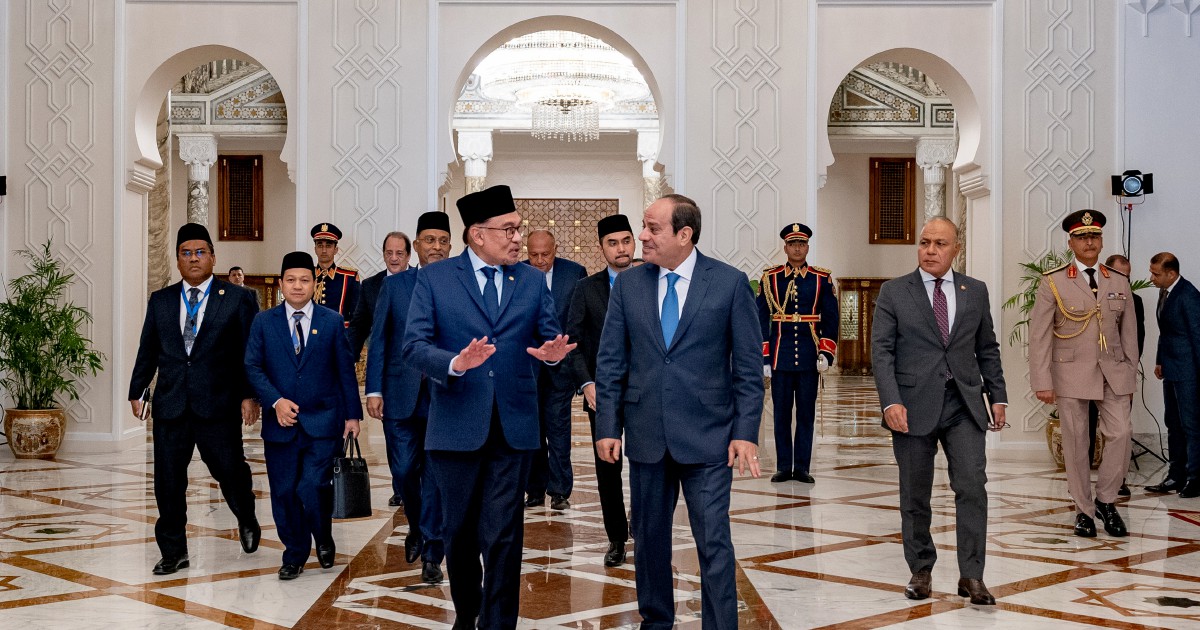
Just last week, the International Criminal Court (ICC) issued a warrant of arrest for Netanyahu, which has seen world leaders divided. While the US has condemned this move, the UK has chosen to enforce it.
In a time of global frustration with international institutions, such as the United Nations, for their inability to sanction Israel, it is important that the international justice system is seen to be capable.
When Anwar called for the expulsion of Israel from the UN, it was an indication that Malaysia was ready to step up and join this growing movement.
International disillusionment with the West has created space for the Global South to play a bigger role. Malaysia is slowly entering the foray of Middle Eastern politics.
In addition to Anwar’s recent efforts is Malaysia’s commitment of troops to the United Nations Interim Force in Lebanon (Unifil). With over 800 soldiers, it is one of the largest contingents and has faced Israeli attacks, most recently earlier this month in the Lebanese city of Sidon.
With Palestine a key issue for the Muslim world, Anwar is taking on a big task. To what extent is it well-meaning but possibly a thankless effort?
A major roadblock to Anwar’s efforts is the inertia and fragmentation of the Arab world in dealing with this current conflict. In the past, some took a strong lead in punishing Israel, as was seen with the 1973 oil embargo.
The Saudis called for a total oil embargo on countries that supported Israel during the Yom Kippur War, which drove oil prices up and created a major international crisis.
However, in this recent war against Gaza and Lebanon, Saudi Arabia and many other Arab countries have been largely subdued in their response. This is largely due to their own alignment with the US and an ongoing commitment to normalisation of relations with Israel.
Anwar has recently indicated Malaysia’s readiness to play a role in bridging the gaps between the Arab states.
On Nov 11, he met Lebanese Prime Minister Najib Mikati and Kuwait Crown Prince Mishal Al-Ahmad Al-Jaber Al-Sabah during the Extraordinary Summit of the Arab-Islamic States in Riyadh.
It was a landmark meeting and showed Malaysia’s willingness to act as a go-between.
Furthermore, Malaysia has good relations with both the Palestinian Authority and Hamas, the two governing bodies of Palestine. This places Malaysia in a unique diplomatic position to potentially act as a go-between of the Arab states and provide a platform for dialogue.
Another roadblock to Malaysia’s efforts is Iran’s position in the conflict. Teheran is deeply committed to the issue of Palestine and is a strong supporter of Hamas in Gaza and Hizbollah in Lebanon.
However, Iran has unstable relations with the West and its reactions to Israeli aggression is framed negatively in Western media.
Except for Qatar, Arab countries are also wary of Iran, seen as a rival regional power that is culturally and religiously different. Arguably, it will be challenging to seek a solution for the Israeli–Palestinian crisis without involving Iran.
Malaysia straddles a unique position in which it pursues cordial relations with Iran and the Arab countries.
Malaysia issued a strong statement condemning Israeli military strikes against key cities in Iran in October and has collaborated on efforts to discredit the Zionist regime.
This includes the publication of a book highlighting Israel’s internal collapse jointly written by the Malaysian Consultative Council of Islamic Organisation and the Cultural Attaché of the Islamic Republic of Iran’s embassy in Kuala Lumpur. Both countries’ consistent longstanding stance against Israel gives them political benefit and demonstrates their commitment towards Palestine.
However, discord between Iran, the Arab world and Israel’s Western backers will continue to be a major barrier to a ceasefire and solution to the war in Gaza and Lebanon.
Recent events and efforts show that Malaysia is in a favourable position to act as a binding voice for the Islamic world. It is making strong statements, calling for unity among Muslim nations, while playing a symbolic diplomatic role of conferring with key Arab leaders.
Malaysia is clearly growing in confidence. The country’s non-aligned and neutral stance allows it freedom to navigate the contentious and rivalry-heavy nature of Middle Eastern politics.
Anwar’s strong messages for the Arab and Islamic world will bring Malaysia both domestic and worldwide mileage.
A strong commitment to Palestine and the move to expel Israel from the UN sees Malaysia following in South Africa’s footsteps in playing a bigger role — rallying countries within an international framework.
The writer is a lecturer in Cold War history at Queen Mary University of London. She holds a DPhil in Oriental Studies from the University of Oxford
- Previous Biden makes last-ditch ask of Congress for $24 billion to help Ukraine: report
- Next Split between Russians and Turks is coming again: Ankara back into old business of supporting its Islamist proxys in Aleppo


 By Rowena Abdul Rzak
By Rowena Abdul Rzak





